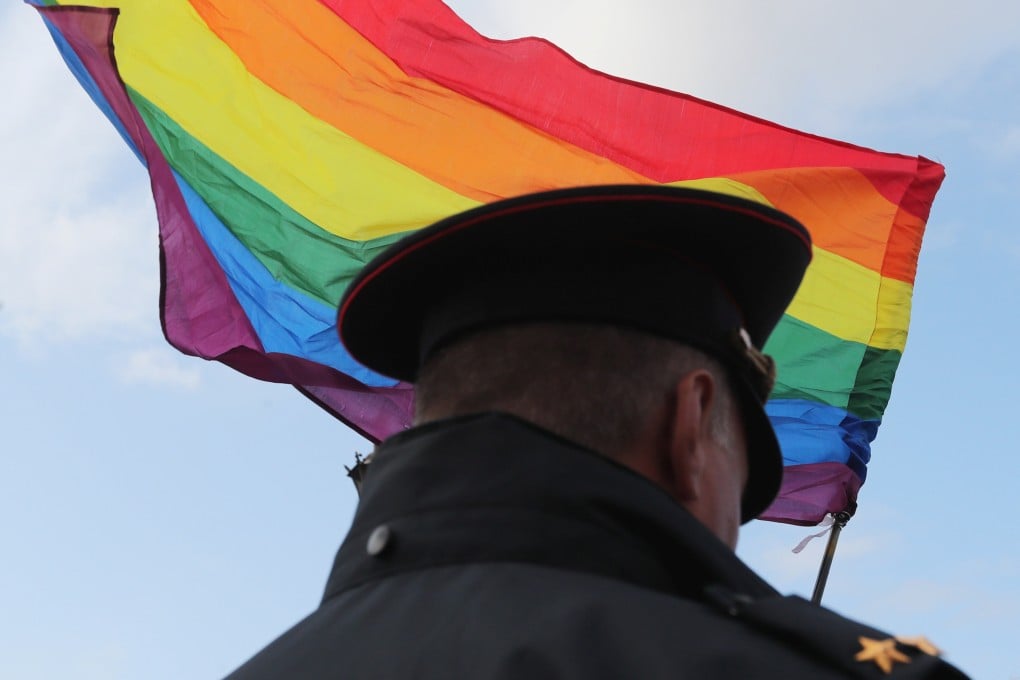‘Russia put back years’: intersex people fear fallout from sex change curbs
- Intersex people are born with atypical chromosomes or sex characteristics, so cannot be easily categorised as either male or female
- A new law, targeting transgender people amid a crackdown on LGBT rights, ‘likens any treatment, even if justified and vitally necessary, to wrongdoing’

Born intersex and raised as a boy, Polina has known for years that she wanted to live as a woman. But Russia’s sweeping curbs on gender-affirming healthcare have made that much more difficult.
“The law likens any treatment, even if justified and vitally necessary, to wrongdoing,” Polina said in a message chat, asking for her surname to be withheld for privacy reasons.
Intersex people are born with atypical chromosomes or sex characteristics, meaning they cannot be easily categorised as either male or female.
Many undergo surgery as infants to bring the appearance and function of their genitalia into line with that expected of males or females, a practice that has been banned in many European countries but remains legal in Russia.
The new law, which bans legally or medically changing gender, does allow people described as having “congenital anomalies” to undergo medical interventions and then change legal gender, but intersex rights advocates say it is vaguely worded and poorly understood by doctors.
